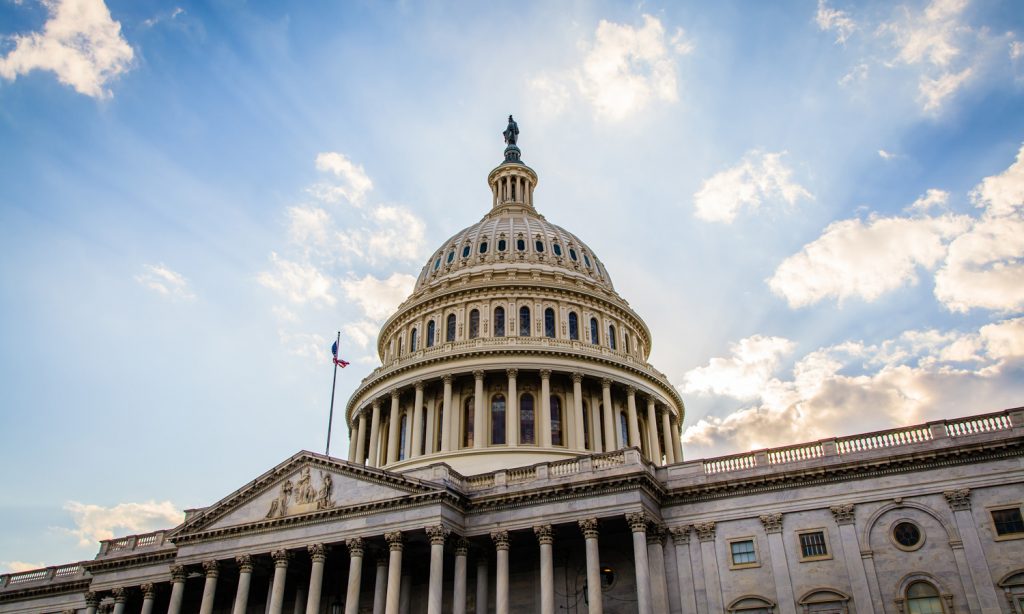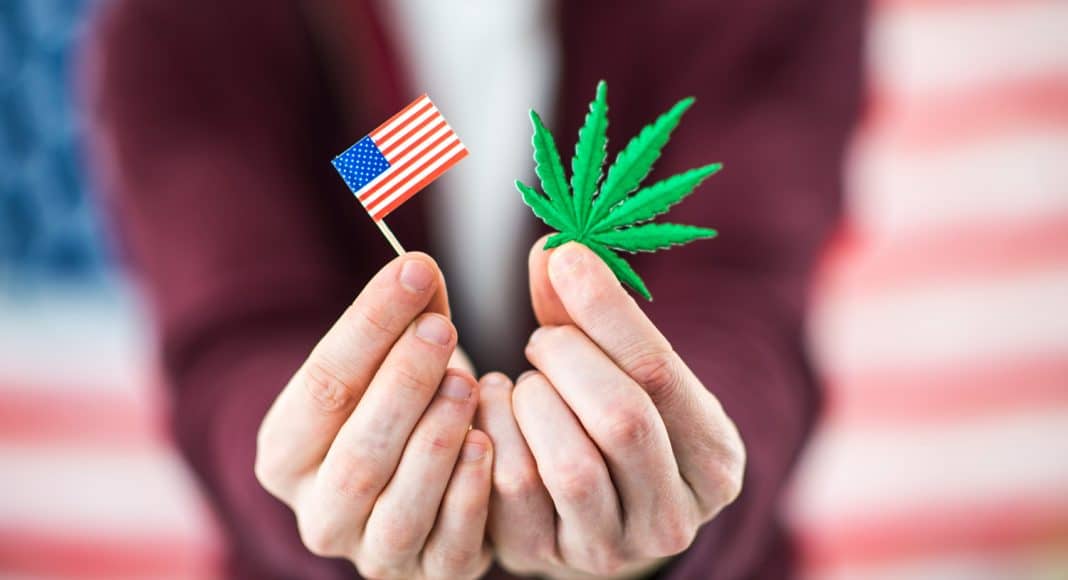The MORE Act would remove marijuana from the Controlled Substances Act, and provide funding for individuals harmed by the war on drugs.
In a historic vote, the House Judiciary Committee approved a bill that would effectively legalize cannabis at the federal level. The legislation, the Marijuana Opportunity Reinvestment and Expungement (MORE) Act, would deschedule marijuana in the United States, in addition to aiding communities disenfranchised by the war on drugs. The bill passed in a 24-to-10 vote.
“With today’s mark-up of the MORE Act, the United States is coming one step closer to ending the devastating harms of marijuana prohibition, which have fallen so heavily on Black and Brown people,” Drug Policy Alliance Executive Director Maria McFarland Sánchez-Moreno said in a statement.
RELATED: What Needs To Happen For Marijuana To Become Legal At The Federal Level
The MORE Act would remove cannabis from the Controlled Substances Act, which would legalize marijuana nationwide. The bill would also require courts to expunge prior marijuana convictions and provide re-sentencing. States would be allowed to create their own policies and regulations around marijuana as well.

During the markup, legislators pointed to the unnecessary cost of marijuana prohibition. Marijuana-related arrests make up more than half of all drug arrests in the country, according to the American Civil Liberties Union.
“The criminalization of marijuana has been a mistake,” said committee chairman Rep. Jerry Nadler, who first introduced the bill. “The racial disparity in marijuana enforcement laws only compounded this mistake with serious consequences, particularly for minority communities.”
RELATED: For The First Time, The Majority Of Republicans Favor Marijuana Legalization
The legislation would create the Cannabis Justice Office. The organization would be responsible for applying grants and loans to marijuana-related businesses owned by socially and economically disadvantaged individuals. In addition, the office would provide job training and legal assistance to those impacted by the war on drugs. To supply these operations, the MORE Act would apply a 5% sales tax to all cannabis products.
Under the MORE Act, physicians from the Department of Veteran Affairs would be allowed to recommend medical marijuana to veterans.
“There is still much work to be done, including the establishment of sound federal regulations for cannabis products,” Aaron Smith, executive director of the National Cannabis Industry Association (NCIA), said in a statement. “This vote brings us one step closer to ending the disaster that is prohibition and repairing the harms it has caused while we continue the discussion in Congress about how to best regulate cannabis at the federal level.”


